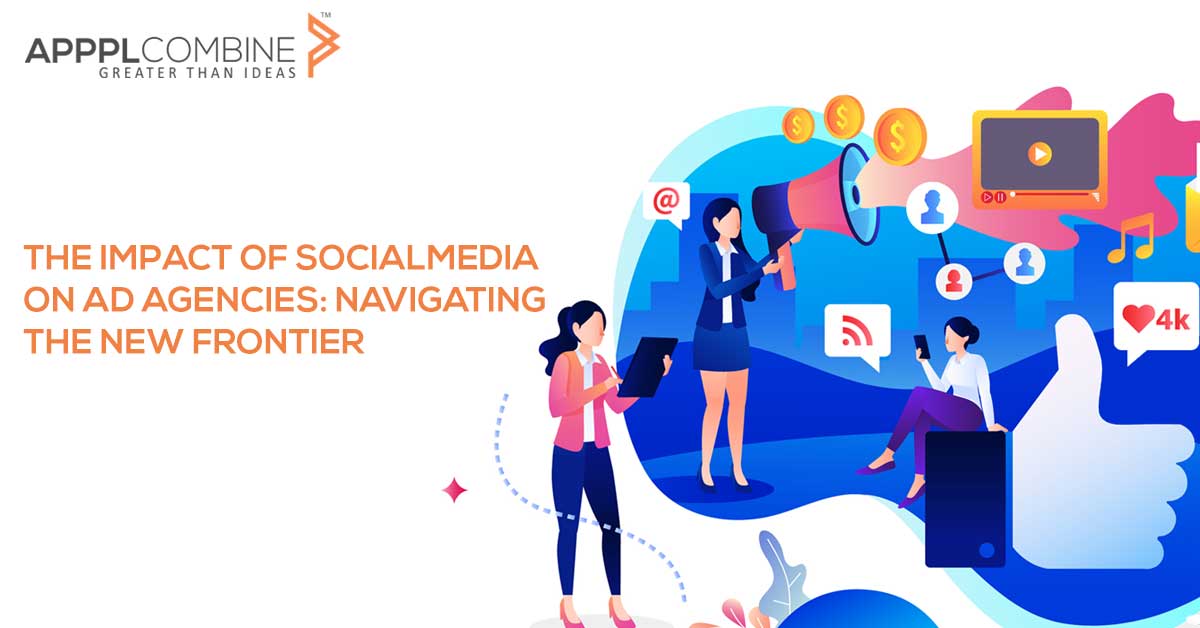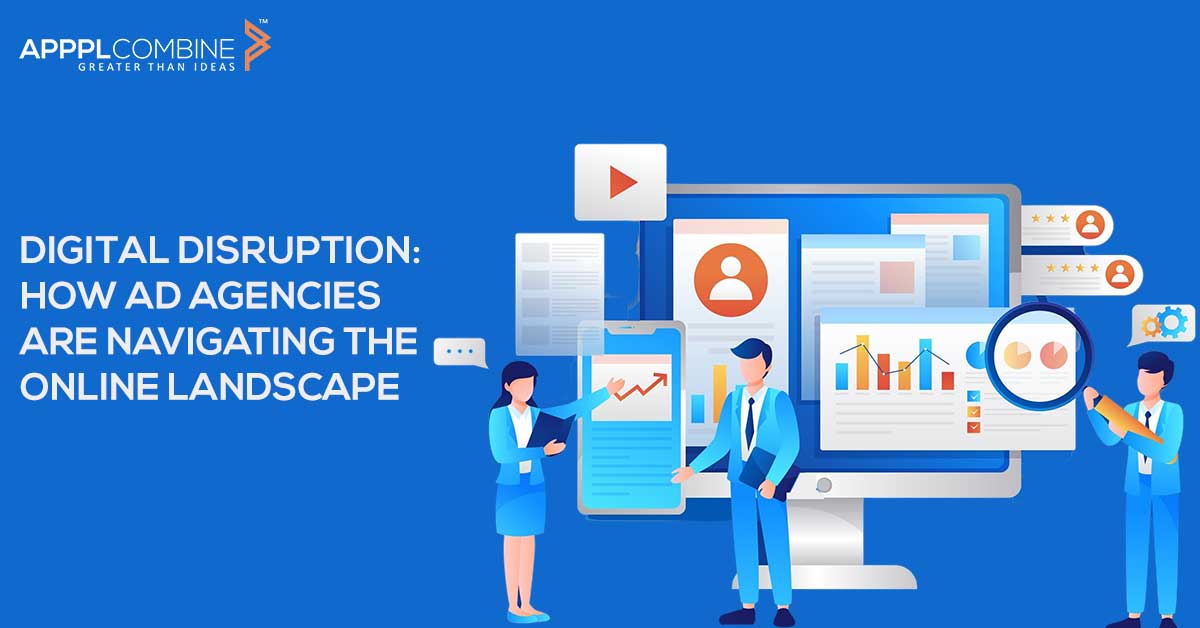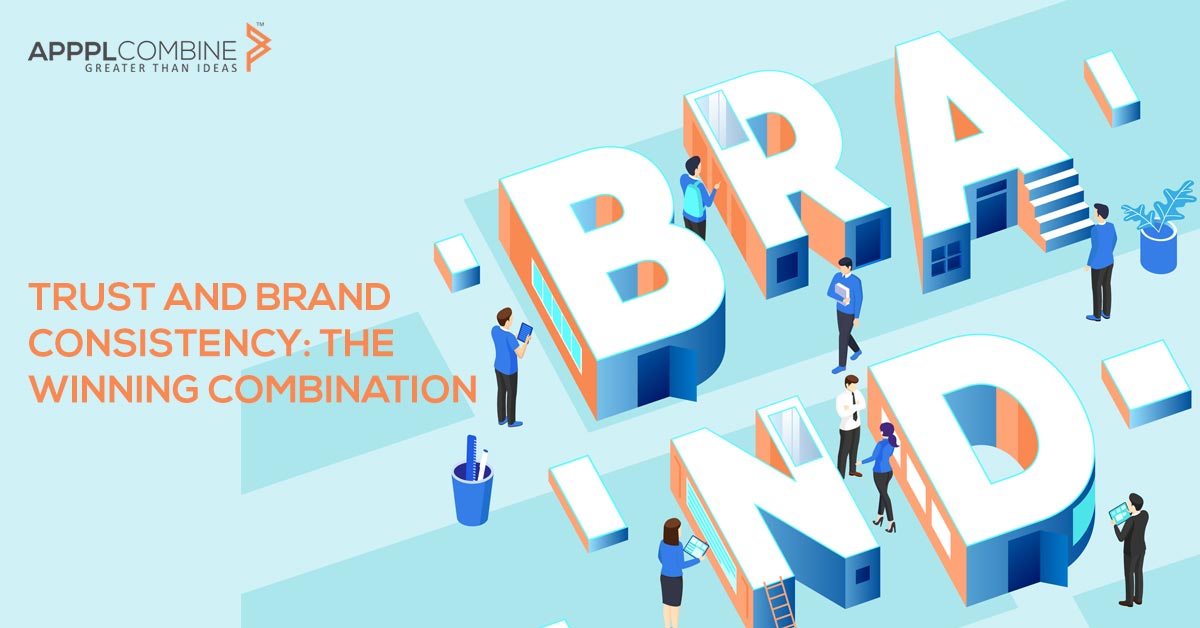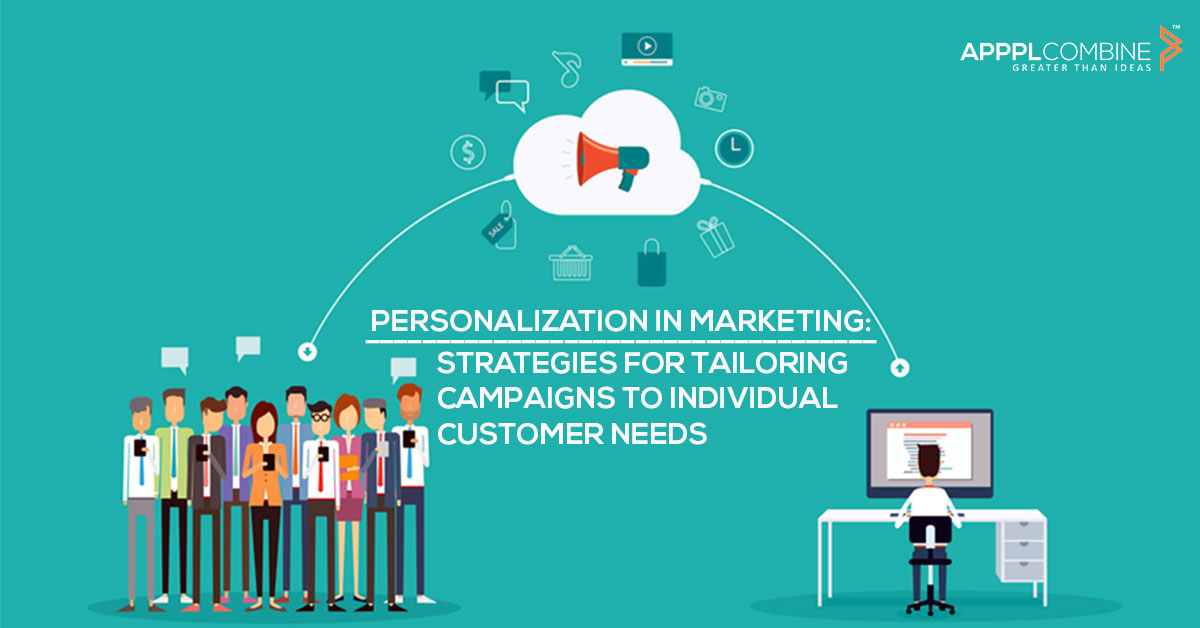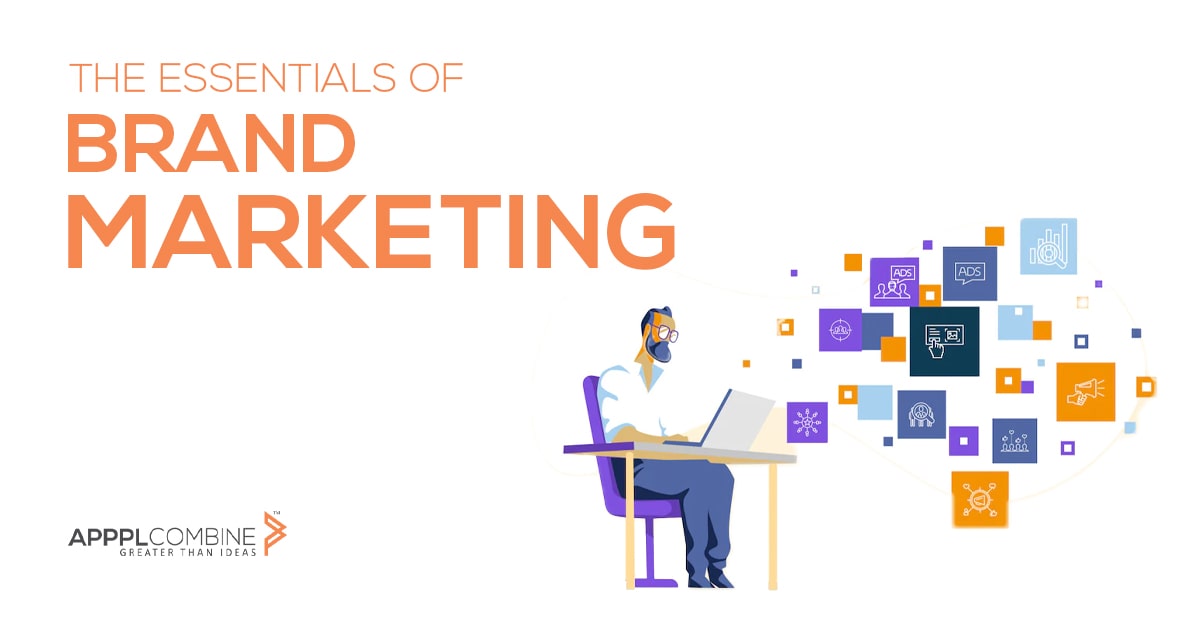Crisis management is the strategic approach an organization takes to deal with an unforeseen event that threatens to harm the organization, its stakeholders, or the general public. It involves a set of processes and actions designed to minimize damage, maintain reputation, and facilitate recovery in the aftermath of a crisis. Crises can manifest in various forms, including natural disasters, product recalls, data breaches, financial scandals, or public relations crises.
Key Components of Crisis Management:
1. Preparedness:
Successful crisis management begins with proactive measures. Organizations should have robust crisis communication plans, conduct risk assessments, and establish crisis response teams. Preparedness involves training personnel, conducting drills, and developing strategies to handle different types of crises.
2. Identification and Assessment:
Recognizing and understanding the nature of a crisis is crucial. Timely identification allows organizations to assess the potential impact, evaluate risks, and determine the most effective course of action. This step often involves close monitoring of internal and external environments to detect early warning signs.
3. Communication:
Clear and transparent communication is the cornerstone of crisis management. Organizations need to communicate swiftly and accurately to internal and external stakeholders, including employees, customers, media, and the public. Effective communication helps manage perceptions, dispel misinformation, and maintain trust.
4. Response and Recovery:
Crisis response involves implementing the strategies outlined in the crisis management plan. This may include activating emergency protocols, deploying resources, collaborating with relevant authorities, and making strategic decisions to mitigate the impact. Once the crisis is under control, organizations shift focus to recovery, aiming to restore normal operations and rebuild stakeholder confidence.
5. Learning and Adaptation:
Post-crisis, organizations should conduct thorough assessments to understand what worked well and what could be improved. Learning from the experience allows for continuous improvement and better preparedness for future crises. Adapting strategies based on lessons learned ensures a more resilient organization.
How Ad Agencies Contribute to Crisis Management:
Ad agencies play a crucial role in crisis management, leveraging their expertise in communication, branding, and strategic planning. Here's how ad agencies contribute to navigating crises:
1. Communication Expertise:
Ad agencies specialize in effective communication. During a crisis, they assist organizations in crafting clear, concise, and empathetic messages. This includes addressing stakeholders' concerns, providing accurate information, and ensuring that communication aligns with the organization's values and brand.
2. Reputation Management:
Protecting and restoring a brand's reputation is paramount during a crisis. Ad agencies work on reputation management strategies, employing communication channels and campaigns to rebuild trust and credibility. This may involve highlighting positive aspects of the organization, showcasing transparency, and demonstrating commitment to corrective actions.
3. Media Relations:
Ad agencies have established relationships with media outlets, making them valuable partners in crisis situations. They can help manage media inquiries, shape narratives, and control the flow of information. Crafting press releases, organizing press conferences, and coordinating media responses are part of their expertise.
4. Creative Solutions:
Crises often require creative problem-solving. Ad agencies bring creativity to the table, developing innovative solutions to address challenges and differentiate the organization positively. This may include designing impactful visuals, creating compelling narratives, or implementing unique campaigns to navigate the crisis.
5. Strategic Planning:
Ad agencies contribute to crisis management by developing and executing strategic plans. They assess the situation, identify key messages, and devise comprehensive communication strategies. This strategic approach ensures that the organization's response is aligned with its overall goals and values.
6. Social Media Management:
In today's digital age, social media plays a pivotal role in shaping public opinion. Ad agencies help manage social media channels during a crisis, ensuring timely and appropriate responses, monitoring online sentiment, and mitigating the spread of misinformation. This active engagement on digital platforms is crucial for maintaining control over the narrative.
7. Training and Simulation:
Ad agencies collaborate with organizations to conduct crisis communication training and simulation exercises. These drills prepare key personnel to respond effectively during a crisis, ensuring that they are familiar with protocols, communication channels, and the intricacies of managing a crisis situation.
In the digital age, where information travels at the speed of a click, brands face the unprecedented challenge of managing online reputational crises. From social media backlash to viral misinformation, the potential for reputational damage is omnipresent. Digital marketing agencies play a pivotal role in helping brands navigate these challenges, employing strategic communication, proactive monitoring, and swift response tactics. This article explores the intricacies of crisis management in the digital realm and how agencies contribute to safeguarding and restoring online reputations.
The Velocity of Online Reputational Crises:
In the digital age, news and opinions can spread globally within seconds, making online reputation management a dynamic and time-sensitive task. Negative incidents, whether genuine or fueled by misinformation, can escalate rapidly, impacting brand perception and consumer trust. Adapting to the accelerated pace of online discourse is a fundamental aspect of crisis management in the digital landscape.
Digital Marketing Agencies as Crisis Navigators:
1. Proactive Monitoring:
Digital marketing agencies utilize advanced monitoring tools to keep a finger on the pulse of online conversations. This involves tracking mentions, comments, and sentiment analysis across various digital platforms. Proactive monitoring allows agencies to detect potential issues before they escalate, enabling a swift and strategic response.
2. Real-Time Social Media Management:
Social media is often the epicenter of online crises. Agencies manage brands' social media channels in real time, addressing comments, concerns, and criticisms promptly. Timely and transparent communication is crucial to maintain control over the narrative and prevent the escalation of negative sentiment.
3. Strategic Communication:
Crafting the right message is paramount during a reputational crisis. Digital marketing agencies work closely with brands to develop strategic communication plans. This includes defining key messages, selecting appropriate communication channels, and aligning responses with the brand's values. Agencies ensure that the communication strategy is consistent across all digital touchpoints.
4. Online Reputation Repair:
In the aftermath of a crisis, agencies focus on online reputation repair. This involves targeted campaigns and communication efforts to rebuild trust and reshape the narrative. Leveraging positive stories, emphasizing corrective actions, and showcasing the brand's commitment to improvement are central to the reputation repair process.
5. Content Creation and Management:
Agencies contribute to crisis management by creating content that reflects the brand's values and commitment to addressing issues. This content may include blog posts, videos, or infographics designed to communicate effectively with the target audience. Carefully curated content helps in steering the narrative in a positive direction.
6. Collaboration with Influencers:
Influencers can be powerful allies in times of crisis. Agencies identify and collaborate with influencers who align with the brand and can positively influence public opinion. Authentic endorsements and messages from influencers can contribute significantly to reputation recovery.
7. Monitoring Trends and Sentiment Analysis:
Staying attuned to online trends and sentiment is crucial for effective crisis management. Digital marketing agencies conduct sentiment analysis to understand the prevailing attitudes toward the brand. This insight informs the development of tailored strategies to address specific concerns and sentiments.
8. Learning from Data Analytics:
Utilizing data analytics, agencies assess the impact of a crisis on key performance indicators (KPIs). This analysis provides valuable insights into the effectiveness of crisis management strategies, allowing for continuous improvement. Learning from data ensures that future crisis responses are increasingly refined and targeted.
Case Study: A Swift Response in Action:
Consider a scenario where a brand faces a sudden surge of negative comments and misinformation on social media. A digital marketing agency would initiate a swift response by:
- Monitoring Social Media Channels: Employing real-time monitoring tools to track mentions and sentiment on platforms like Twitter, Facebook, and Instagram.
- Strategic Communication Plan: Collaborating with the brand to develop a strategic communication plan. Defining key messages, acknowledging concerns, and providing accurate information to counteract misinformation.
- Engagement and Transparency: Engaging with the audience directly through social media channels. Responding promptly, addressing concerns, and demonstrating transparency in actions taken to address the issue.
- Leveraging Influencers: Identifying influencers who can positively contribute to the narrative. Engaging them to share authentic perspectives, testimonials, or endorsements that align with the brand's values.
- Content Creation: Developing content, such as blog posts or videos, to communicate the brand's commitment to addressing the issue and outlining steps taken to prevent similar incidents in the future.
- Reputation Repair Campaigns: Launching targeted reputation repair campaigns to showcase positive aspects of the brand, highlight community engagement, and emphasize ongoing efforts for improvement.
In the digital age, where brands are susceptible to online reputational challenges, the role of digital marketing agencies in crisis management cannot be overstated. These agencies serve as navigators, guiding brands through the turbulent waters of online discourse with strategic communication, proactive monitoring, and agile response strategies. By leveraging their expertise in digital communication and brand management, agencies contribute to not only mitigating reputational damage but also fostering resilience and recovery in the aftermath of a crisis. As the digital landscape continues to evolve, the collaboration between brands and digital marketing agencies remains essential for effectively managing and safeguarding online reputations in an ever-changing and interconnected world.











